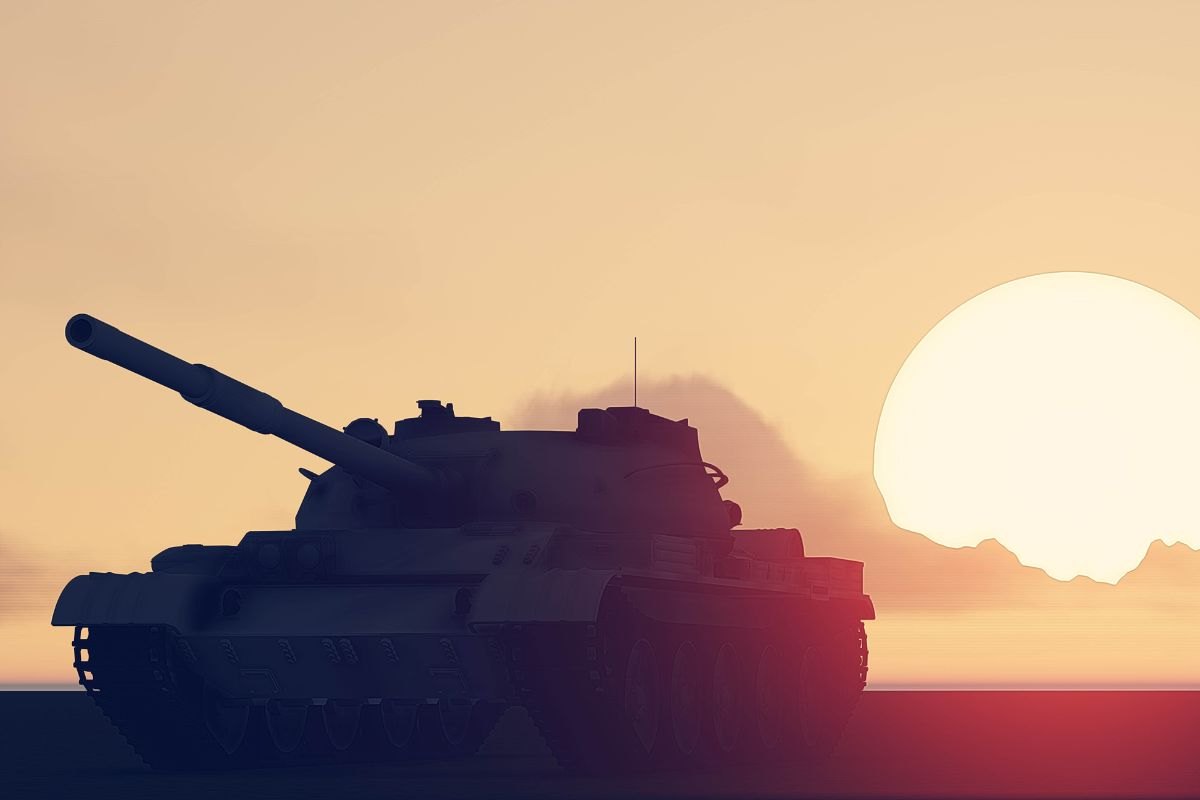The economy has taken a hit due to the public health situation that many countries across the globe are still battling. Even the United States, which is known to be one of the most economically powerful countries in the world, is also dealing with economic issues due to the pandemic.
Inflation is one of the most concerning economic struggles right now. With hundreds of millions of people affected by this situation, many also want to know more about it. In this article, you can learn more about inflation, its causes, and its consequences.

What Is Inflation?
The best way to start is to know what exactly inflation is. This economic concept is defined as the general decrease in the purchasing power of a currency over some time. As a result, the prices of products and services increase. According to experts, there are three general causes of inflation.

These are the devaluation of the legal tender, printing and giving citizens money, and the loaning of new money into reserve accounts by buying government bonds. So, how do these situations cause the loss of a currency’s purchasing power? Though mechanisms such as the demand-pull effect, cost-push effect, and built-in inflation.
In simple terms, the demand-pull effect is caused by the stimulation of demand for goods and services in light of a surge in the money supply. Meanwhile, the cost-push effect comes from the spike in the cost of production or the decrease in supply.
Built-in inflation, on the other hand, occurs when employees demand a salary or wage raise resulting in an increase in production, which in turn increases prices and cost of living.
Printing More Money Is Not the Answer
One thing that many people take away from the definition of inflation is that it is the reason why prices are high. For many who do not have a background in economics, the solution is to give people a way to increase their purchasing power. For some, this comes in the form of printing more money.

It seems to be the simple solution, especially since it not only increases the amount of money in circulation but also gives people what they need to survive the high costs of living. However, it is important to remember that printing more money can result in its devaluation.
Having excessive supplies of something causes its value to decrease. One aspect that affects the value of money is the fact that a limited amount is going around. So, printing more money can cause its devaluation, therefore fueling inflation.
Also read: Discover the Top 10 Tips for Financial Success
Inflation Increased by More Than 100% This Year
According to the International Lanour Organization, the inflation rate across the globe increased from 7.5% in February 2022 to 9.2% in March 2022. The inflation rate in January 2022 is 6.8%, while it was 6.4% in December 2021. This signals a significant increase from the previous year. According to experts, this reflects a consumer price index (CPI) increase by 5.5 points from March 2021 to March 2022.

This is also deemed as the highest increase in any such period since January 2019. An example of this is the increase in food prices which is 9.1% higher than it was in March 2021. This immense increase is due to the public health issue, which caused lockdowns and stay-at-home orders over the past two years.
However, a more recent crisis has been affecting inflation rates—the Ukraine-Russia war which started in February 2022. One of the biggest effects it has is on consumption, production, and trade. This is expected to last a few years into the future.
Wars Bring High Inflation Rates
Speaking of the war in Ukraine, one of the biggest effects of war is on the economy. It is known to increase inflation rates as observed in recent months. According to data, war always causes inflation. In fact, every single conflict over the past 100 years resulted in elevated inflation rates.

To understand why this happens, it is important to understand defense economics. Funding defense and offense during wartime is costly. In fact, one of the earliest forms of taxation came into existence in order to fund wars. Aside from this, borrowing money is also a way to finance it.
There is always a risk of inflation and recession during wartime. Taxation can help mitigate this as it helps gather funds not only to fund the war but also to release resources necessary to keep the economy going.
Even US Wars Have Caused Inflation
The United States dollar is seen as one of the strongest and highest currencies in the world, and that’s because it is given a premium as the world’s reserve currency. However, the United States has also experienced its currency fall not once, but twice throughout the years.
The first time the US dollar fell due to inflation was during the Revolutionary war, with the money at the time dubbed Continental Currency. Simply put, too many Continental Currency bills were printed because they were not supported by something tangible such as gold.
The second instance that the United States experienced having its currency devalued was during the Civil War when the Confederate Dollar was considered the currency of the time. The loss of the South marked the downfall of the Confederate Dollar alongside inflation for necessities during the war.
Inflation Has Had Deadly Effects
Inflation raises the prices of necessities, which can pose an obstacle for people to access food, shelter, and other essentials. The lack of these necessities can have fatal effects on people. This is a more apparent effect of inflation. However, there are instances in which it has caused the deaths of millions of people.

For example, we can look at the Holocaust during World War II. In 1920, Germany experienced hyperinflation. This caused great turbulence in society. During this time, the purchasing power of the country’s currency spiraled badly, and it was worth less than firewood.
The Nazis blamed Jewish citizens for extreme inflation, which then created an opening for Hitler to conduct the Holocaust. Today, Germany honors the victims and has taken measures to prevent such regimes from rising. The country is also performing well in terms of its economy.
Inflation Has Caused Currencies to Collapse
The sad thing about inflation is that it can devalue a currency. This is because inflation only further emphasizes the ability of a currency or a type of money to have or hold much power, particularly in other countries.

There are various reasons why currencies may lose value over time. Some of these can stem from low economic growth, improper valuations, and of course, inflation.
Nations that are experiencing this phenomenon may see their currencies fall compared to other countries.
Also read: These Are the Best Tips to Save Money During the Month
Regulation Can Help Mitigate Inflation
One of the most effective ways to fight, or at the very least mitigate inflation, is to regulate prices on the market. For example, countries may sometimes implement caps on wages and certain product prices to help reduce the rise of inflation.

With this, various governmental agencies play an important role in implementing these regulatory measures. By changing interest rates via monetary policies, such as contractionary monetary policies, governments can prevent credit from ballooning and becoming more expensive.
Controlling the supply of money can also clamp down on inflation. By keeping the money supply and production aligned with the capacity of the economy, the country can achieve its desired target rates while still attempting to prevent inflation from rising.
Inflation Played a Role in the Fall of Rome
One of the biggest contributors to the fall of Rome was its economy. This great ancient civilization enjoyed prosperity, until the devaluing of its currency, the silver coin. So, what happened to cause the collapse of this civilization? According to experts, the government observed that paying its military in coins caused an increase in prices.

This is where taxation came in, but in this case, taxes were paid in services and not its currency. The reform showed that instead of the silver coin, gold remained to be a supreme currency. This mitigated inflation, but not for everyone.
The masses still felt the effects of inflation, especially as people needed to purchase gold coins so they can pay taxes. Here, you can observe two pieces of info mentioned above, which showed that wars and taxes go hand-in-hand as causes for inflation.
The Takeaway
Inflation is an economic situation that can be observed by studying data. With current events around the world, these facts can explain why it occurs and its effects. Hopefully, these seven points help you understand more about why inflation happens and the consequences it can have on countries and their currencies.
References
contributors to the fall of Rome – Inflation and the Fall of the Roman Empire | Mises Institute
inflation rate across the globe increased – Inflation more than doubled between March 2021 and March 2022 – ILOSTAT





